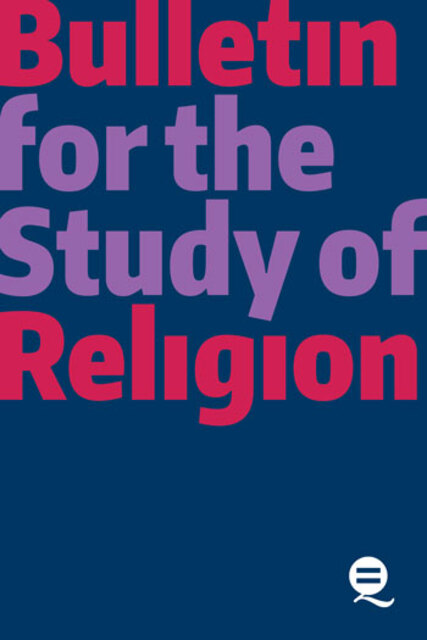What is Euhemerism? A Brief History of Research and Some Persisting Questions

Full description
The third century BCE Greek writer Euhemerus of Messene composed a utopian travel narrative entitled Sacred Inscription where he articulated a theory, known as euhemerism, regarding the origin of religion. The theory maintained that all Olympian gods were deified prominent kings and later scholars made use of it as a justification of divine kingship in the Graeco-Roman world. Euhemerism managed to survive in the early Christian era as a theory that represents the falsity of the gods of the pagans. From a theory of myth to a theory of religion and from a less important element of Euhemerus’ utopian narrative to mere historiography, euhemerism has managed to preserve itself in scholarly discussions without the existence of a comprehensive examination of the theory from a religious studies perspective and the way it was used in later periods. Based on the various and divergent usages and applications of euhemerism both in historical studies and in theoretical discussions on religion, the question remains: What is euhemerism?
- typeImage
- created on
- file formatjpeg
- file size27 KB
- container titleBulletin for the Study of Religion
- creatorNickolas P. Roubekas
- issn2041-1871 (Online)
- issue43.2
- publisherEquinox Publishing Ltd.
- publisher placeSheffield, United Kingdom
- rights holderEquinox Publishing Ltd.
- volume
- doi
We use cookies to analyze our traffic. Please decide if you are willing to accept cookies from our website. You can change this setting anytime in Privacy Settings.
